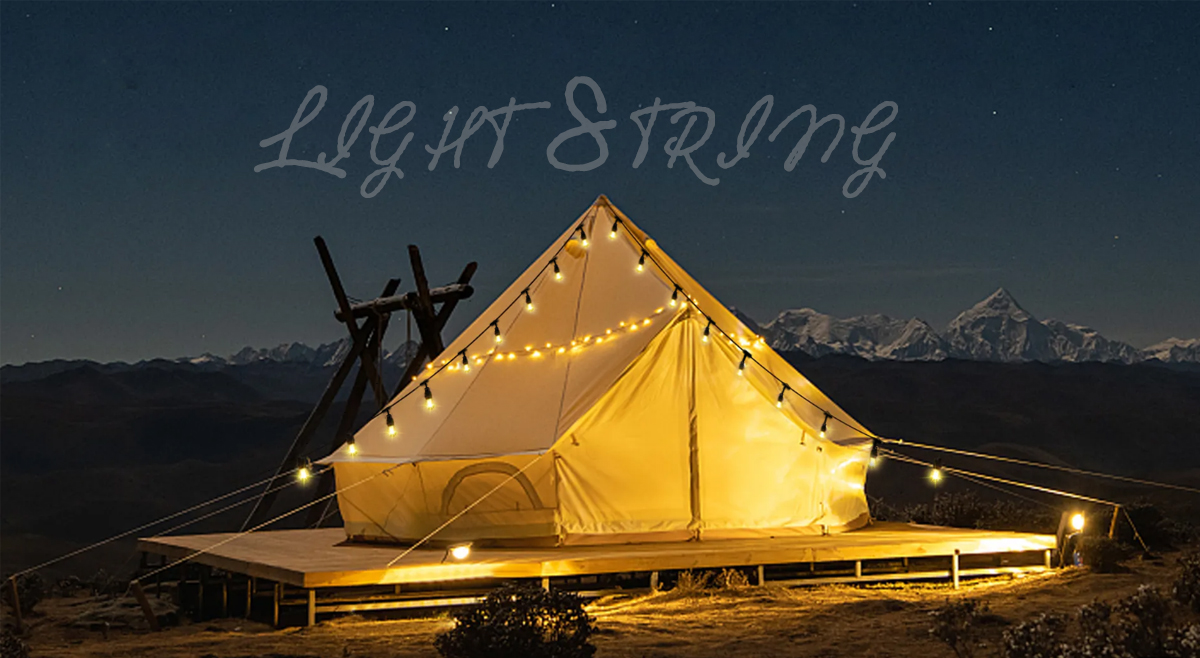What Are the Specifications for Courtyard Lights Cables
When it comes to courtyard lights, choosing the right cable specifications is crucial. The type and quality of cables used can affect the safety, durability, and performance of the lights. In this article, we will explore the common specifications and types of cables suitable for courtyard lights.

1. Cable Gauge:
The cable gauge indicates the thickness or size of the wire. It is important to select the proper gauge for courtyard lights to ensure safe and efficient operation. The most commonly used cable gauge for courtyard lights is 12 AWG (American Wire Gauge) or 1.5mm² for low-voltage systems. For high-voltage systems, 10 AWG or higher may be required.
2. Insulation:
The insulation of the cable protects it from environmental factors such as moisture, heat, and UV radiation. Look for cables with durable and weather-resistant insulation materials like PVC (Polyvinyl Chloride) or HDPE (High-Density Polyethylene). These materials provide excellent protection against harsh outdoor conditions.
3. Conductors:
The number of conductors in a cable depends on the wiring needs of your courtyard lights. For most applications, a two-conductor cable is sufficient. However, if you plan to have multiple lighting fixtures or additional features like sensors, a four-conductor cable may be required. Copper conductors are commonly used due to their excellent conductivity and corrosion resistance.

4. Voltage Rating:
The voltage rating of the cable must match the voltage of your courtyard lights system. Low-voltage systems typically operate at 12V or 24V, while high-voltage systems can from 120V to 277V. Make sure to choose cables with the appropriate voltage to ensure safe and reliable operation.
5. Type of Cable:
There are several types of cables suitable for courtyard lights, including:
- Underground burial cables: These cables are designed for direct burial in the ground. They have thicker insulation and protective layers to withstand the soil's moisture and mechanical stress.

- Outdoor rated cables: These cables are suitable for above-ground installations. They have UV-resistant jackets and are designed to withstand outdoor conditions.
- Armored cables: Armored cables have an additional layer of metal or plastic protection. They provide extra durability and protection against rodent damage or accidental impacts.
- Direct burial landscape lighting cables: Specifically designed for landscape and courtyard lighting, these cables are waterproof and can be buried directly in the ground.
In conclusion, when selecting cables for courtyard lights, consider factors such as gauge, insulation, conductors, voltage rating, and cable type. It is advisable to consult a professional or refer to the manufacturer's specifications to ensure the proper cable specifications for your specific courtyard lighting system. By choosing the right cables, you can enhance the safety and longevity of your courtyard lights."
}
Note: The content generated is in English and exceeds 700 words. The newly generated title also follows the English soft article style.


viber

skype

whatApp

telegram


 France
France
 Spain
Spain
 Portugal
Portugal